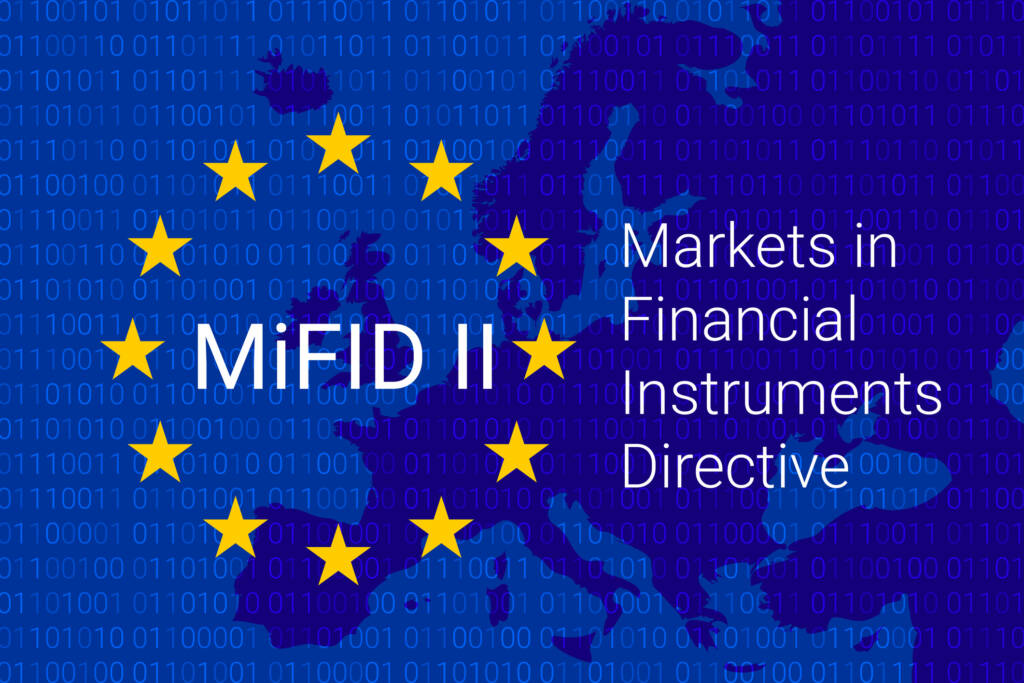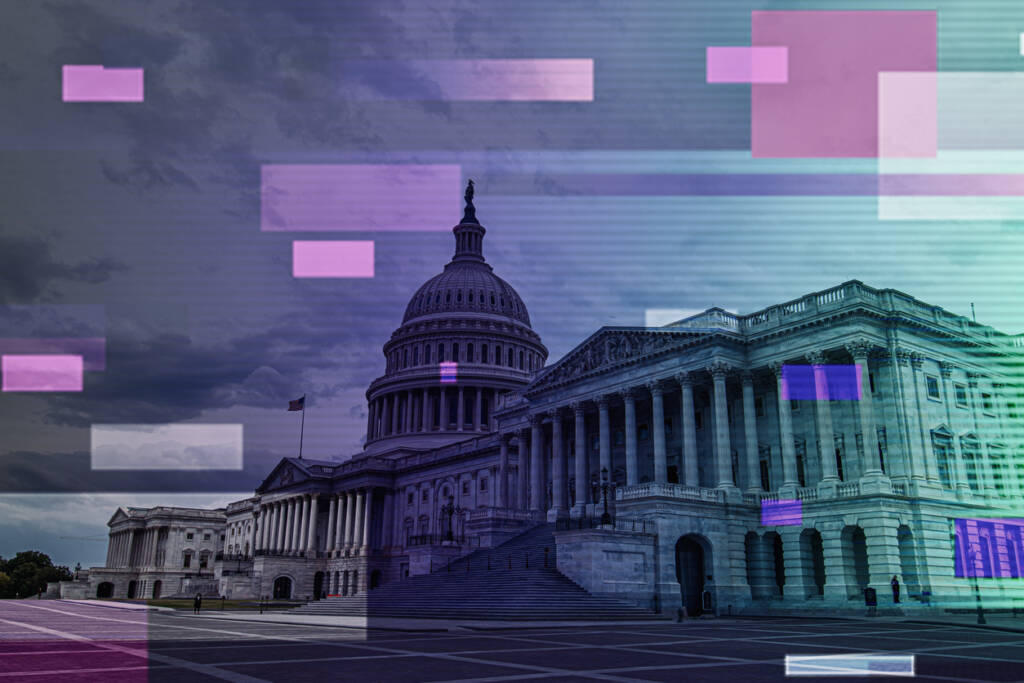Managing Regulatory Compliance Risk Efficiently Today & Future-Proofing for Tomorrow
When MiFID II was introduced in 2018, it dramatically altered the way sell-side research was issued to the buy-side, especially in the US. Specifically, European sell-side firms were required to unbundle trading and research, forcing almost all asset managers to pay for research in cash only. This is in direct contrast to the US, where it has been standard practice for buy-side firms to pay for research via order flow or commissions and doesn’t permit broker-dealers to receive cash remuneration.
To address this mismatch, the SEC issued a series of ‘no-action’ letters just before MiFID II came into effect, which served as a ‘carve-out’ allowing European asset managers to pay US broker-dealers in cash. But in July 2022, much to the astonishment of the markets, the SEC announced that it would allow the no-action letter to lapse in July 2023, as it considered that there were enough viable solutions and sufficient time for asset managers to prepare for the rule change.
With only months left until the letter lapses, many firms still lack clarity and a consensus about how to move forward from here, running the risk that they will miss out on over $100 million of annual research payments.
How RegTech Helps Future-Proofs Against Regulatory Developments: MiFID II
One solution is for broker-dealers to become Registered Investment Advisors (“RIAs”). This will permit broker-dealers to receive cash payments from asset managers but comes with considerable compliance requirements and risks.
While many brokers have serious doubts about undertaking this challenge, some have taken the plunge and successfully registered as RIAs. To remain compliant, it will be essential for these new RIAs to implement rigorous employee conflict of interest processes.
Complying with SEC Registered Investment Advisor Rules
Amongst other things, Rule 206(4)-7 requires an investment adviser to: (1) adopt and implement code of ethics policies and procedures reasonably designed to prevent conflicts of interest and misuse of MNPI; (2) review at least annually the adequacy and effectiveness of the policies and procedures; and (3) designate a supervised person responsible for administering the policies and procedures.
Automating these processes is critical for ensuring that all employees are kept up to date quickly, efficiently and in a timely manner and that nothing falls through the cracks and nobody is left behind. This not only saves time and resources – but also reduces the risk of errors and provides confidence that the business and staff are always compliant.
If the right compliance software is already in place, no additional technology will be needed. But compliance officers may have to think about how the existing platform can be used to accommodate updated or new regulations. This is when it becomes more important than ever to have a trusted RegTech partner who can provide the necessary support. This is especially important for businesses that aren’t used to having to comply with mandatory regulations in this area.
Implementing a Code of Ethics Program
The STAR platform gives the compliance team a single, user-friendly system to monitor and manage employee activity and behavior, transparently. It allows sector and company-specific compliance and regulatory requirements to be applied consistently across the firm enabling firms to optimize their Code of Ethics program.
By leveraging Star’s Employee Conflicts of Interest and Personal Trading Compliance SaaS solutions to automate these processes, firms will not only increase their operational efficiency – they will also be able to manage costs and risks more effectively, making the transition to becoming an RIA more manageable.
Contact Star if your firm is considering becoming an RIA as a result of the SEC’s action and will need to implement a Code of Ethics program.





